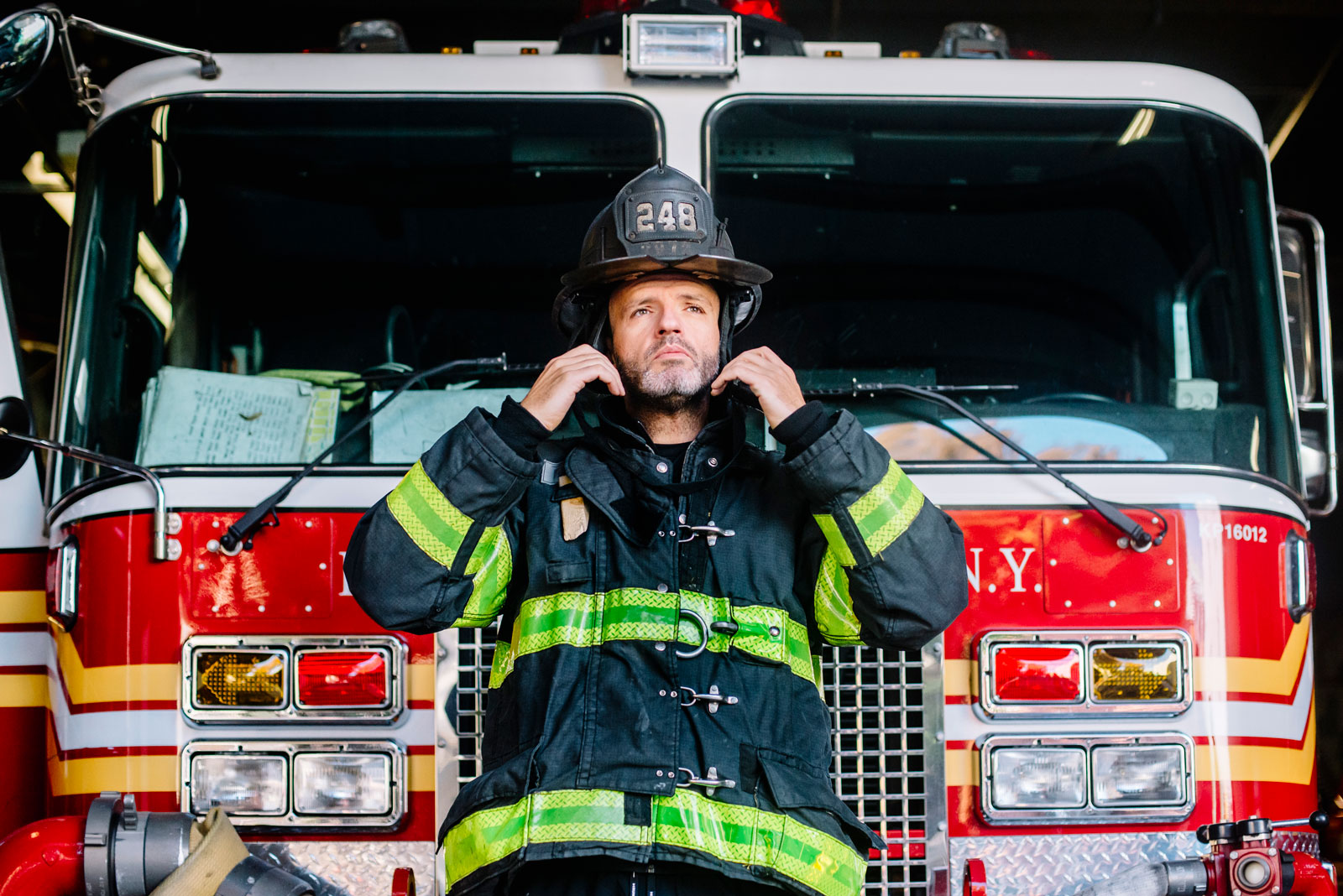First responders are often seen as modern-day heroes, bravely battling flames to save lives and property. However, behind the courageous facade lies a hidden reality – the profound emotional and psychological strain they endure. While their physical bravery is celebrated, the mental toll of their profession is frequently overlooked. It’s time to shine a light on the emotional challenges faced by first responders and provide them with the support they urgently need.
The nature of a first responder’s job exposes them to traumatic and distressing situations on a regular basis. They witness scenes of devastation, rescue victims in perilous conditions, and sometimes confront the loss of life firsthand. These experiences can lead to a myriad of psychological struggles, including post-traumatic stress disorder (PTSD), depression, anxiety, and substance abuse. Despite the prevalence of these issues, there remains a pervasive stigma surrounding mental health in the first responder community, discouraging many from seeking help.
One of the most significant contributors to the emotional strain on first responders is the constant exposure to human suffering and tragedy. They are often the first on the scene of accidents, fires, and other emergencies, where they witness the raw aftermath of violence, injury, and death. These experiences can have a cumulative effect, gradually eroding their mental resilience and leading to emotional exhaustion.
Furthermore, the unpredictable and high-pressure nature of first response work exacerbates the stress and anxiety felt by first responders. They must make split-second decisions in life-or-death situations, often under extreme duress. The constant adrenaline rush followed by periods of downtime can create a rollercoaster of emotions, leaving first responders feeling drained and emotionally depleted.
Moreover, the close-knit culture of the first response community can make it difficult for them to express their emotions and vulnerabilities. There is a prevailing expectation to embody stoicism and toughness, leaving little room for vulnerability or self-care. This culture of silence can be detrimental to first responders’ mental well-being, as it prevents them from seeking the support they need and perpetuates the cycle of emotional suppression.
The toll of the job doesn’t end when first responders leave the scene of an emergency. They carry the weight of their experiences with them long after the flames have been extinguished. Nightmares, flashbacks, and intrusive thoughts are common symptoms of PTSD among first responders, disrupting their sleep and impairing their ability to function in their daily lives. The emotional burden of their work can also strain personal relationships, as they struggle to compartmentalize their experiences and connect with loved ones.
Despite these challenges, first responders often hesitate to seek help due to fear of judgment or repercussions from their peers and superiors. The perceived stigma surrounding mental health issues in the first response community can discourage many from reaching out for support, leading to feelings of isolation and shame. As a result, many first responders suffer in silence, grappling with their demons alone and without adequate resources to cope.
It’s crucial that we prioritize the mental health and well-being of our first responders and provide them with the support and resources they need to thrive. This includes implementing comprehensive mental health programs within first response agencies, offering confidential counseling services, and promoting a culture of openness and acceptance surrounding mental health issues.
Additionally, we must work to dismantle the stigma surrounding mental health in the first response community and create an environment where first responders feel comfortable seeking help without fear of judgment or reprisal. This requires education, awareness, and destigmatization efforts at all levels of the organization, from leadership down to the rank-and-file first responders.
As a society, we owe it to our first responders to recognize and honor the emotional toll of their profession. They put their lives on the line every day to keep our communities safe, and it’s imperative that we support them not only in their physical endeavors but also in their mental and emotional well-being. By acknowledging the invisible flames they battle within, we can help ensure that our first responders receive the care and support they need to continue their vital work with strength and resilience.

